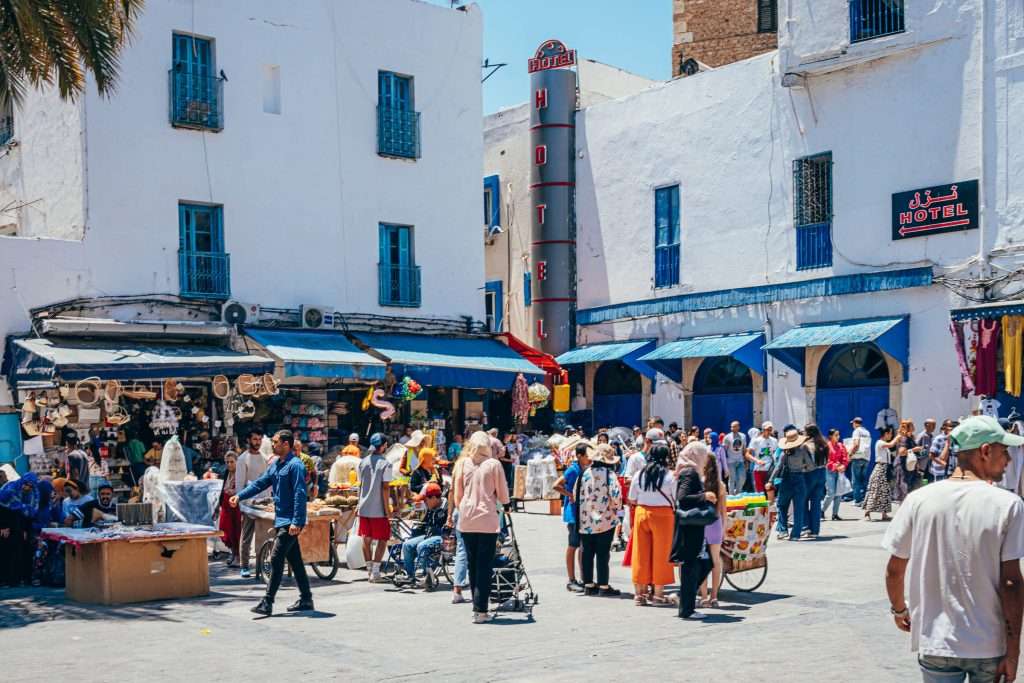AfDB approves $102m funding to improve living conditions in Tunisia

In hopes of lessening the economic woes of Tunisia, the African Development Bank (AfDB) announced on August 13th that it would give the North African country a financial package of $102 million to boost business competitiveness and spur job creation, according to Asharq al-Awsat and agencies.
The funding consists of a 90-million-euro loan from the Bank Group and a €2.3 million grant from the Affirmative Finance Action for Women in Africa initiative (AFAWA).
The financial package aims to provide young people and women seeking employment with the skills necessary for salaried jobs. It also hopes to improve living conditions and promote economic inclusion through supporting entrepreneurship and skills development.
READ: Tunisia: only three candidates accepted for presidential election
The programme is forecasted to create more than 118,000 formal jobs, according to the Tunisian government.
Tunisia has suffered from numerous economic challenges, the latest of which is a fiscal crisis that has led to a significant decline in public sector employment.
Unemployment is prevalent among young people and university graduates in the country, with the latest data showing an unemployment rate of 16.1%. The youth unemployment rate for those aged between 15 and 24 stands at a staggering 39.2%, while the same measure among those with a higher education degree reaches 23.4%.
This is not the first time that Tunisia has received a massive financial injection to boost job growth, as seen last June when the EU, EIB, AFD group, and KfW announced a major joint investment of €270.9 million to support the nation’s entrepreneurial ecosystem.
READ: Libya: Tripoli forces prepare for Haftar-led attack
The Team Europe initiative has also established two credit lines worth €170 million and €80 million, with an additional €10.5 million for the Dhamen Express guarantee facility, in hopes of increasing access for micro, small, and medium enterprises (MSMEs).
At least 30% of the funds from the EIB and 35% of those from the AFD have been given to projects that not only improve social inclusion for women and young people in impoverished areas but also focus on the green economy and climate resilience as climate change continues to negatively impact agriculture across the Maghreb.
German Press Agency (DPA) / Asharq al-Awsat and agencies
Want to chase the pulse of North Africa?
Subscribe to receive our FREE weekly PDF magazine














